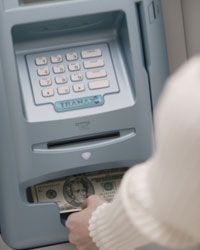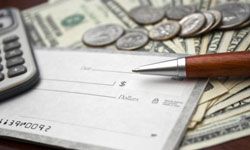If you're looking for a new place to put your money, chances are you're unhappy with your current bank. The sad truth is that most big mergers these days come with a price: The new bank usually looks at the policies of both smaller banks to make sure to include higher, more frequent fees.
Even if you're only thinking about changing, it pays to concentrate on finding the right bank for you. Everyone's situation is different, and each bank has the perfect solution for somebody. From small businesses to personal finances, and from low income to very high amounts of wealth, the key is to figure out what you need and work on finding the perfect fit.
Advertisement
In this article, we'll look at what you should consider for both your present needs and your future financial growth, including options for making sure you're as happy with your next bank as you deserve to be.




